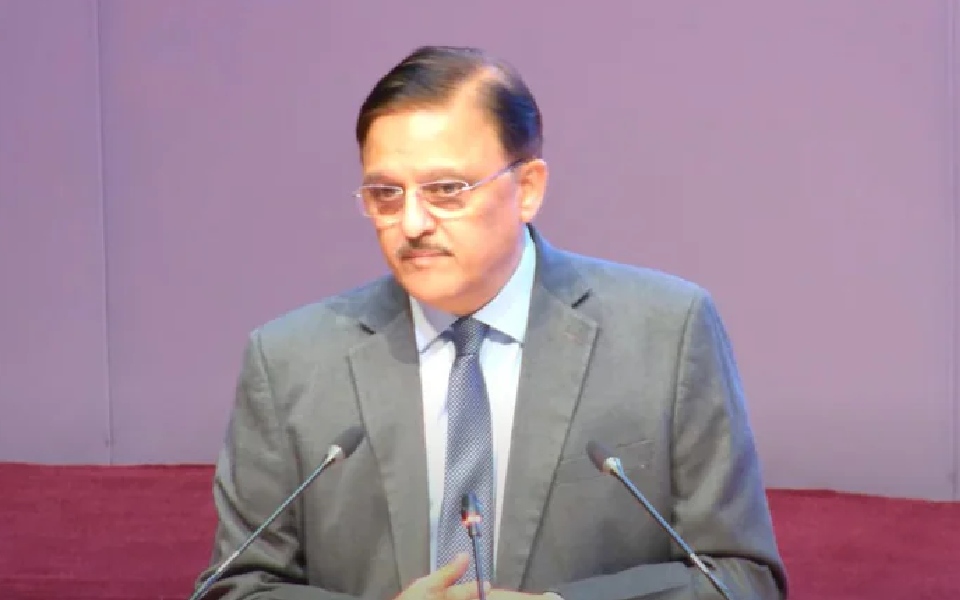Shilpi Nama
On 29th June, 2025, retired Supreme Court Justice A.S. Oka emphasized the importance of unwavering judicial independence and integrity. He emphasized that judges should completely refrain from contemplating their future career ambitions.
“Once you take the oath of Justice, you should not think of your future prospects for even a second,”
He said, warning that doing so compromises the essence of their judicial duties.
Speaking at a function organized by the Bar Council of Maharashtra and Goa, Justice Oka urged judges to deliver judgments based solely on the law and their conscience, not on potential political consequences or rewards.
“The day the judge thinks of the positions he can get in the future, he will be unable to work in accordance with his oath,”
He remarked, adding that judges must not worry about how their decisions might be received by the government or the opposition.
Justice Oka advised that judicial decisions should be “fearlessly” given and that “no judge should try to keep any lawyer happy.” He stressed the significance of not seeking popularity or fearing backlash, emphasizing that “one should not think of what people will say about you and not think of your future, ever.”
Reflecting on the 75th anniversary of the Constitution, Justice Oka recounted historic examples of judges who sacrificed promotions or faced retaliation for upholding judicial independence. He cited Justice Chittatosh Mookerjee, who threatened to resign when offered a Chief Justice position in breach of seniority, and the aftermath of the Kesavananda Bharati case, where Justices Shelat, Hegde, and Grover resigned after being superseded. Justice H.R. Khanna is also widely remembered for his dissenting opinion in the ADM Jabalpur case — a stance that ultimately cost him the position of Chief Justice of India. “We have never forgotten Justice HR Khanna,” remarked Justice Oka, underscoring his enduring legacy as a symbol of judicial courage.
He also highlighted the acute shortage of judges in India, particularly in district courts. Citing the All India Judges Association judgment of 2002, which recommended a judge-to-population ratio of 50 per 10 lakh people, Oka lamented that the current figure is still only 22. He called on lawyer associations to demand better implementation rather than merely criticizing the system.
Finally, he expressed concern over delays in processing judicial appointments, which discourage competent lawyers from joining the bench:
“The good lawyers… refuse because they do not want to undergo the struggle.”
Justice Oka’s address stood out as a powerful appeal for upholding integrity, strengthening accountability, and pursuing meaningful reforms within the Indian judicial system.
Instagram: Click here.
LinkedIn: Click here.
For Collaboration and Business: info.desikaanoon@gmail.com

